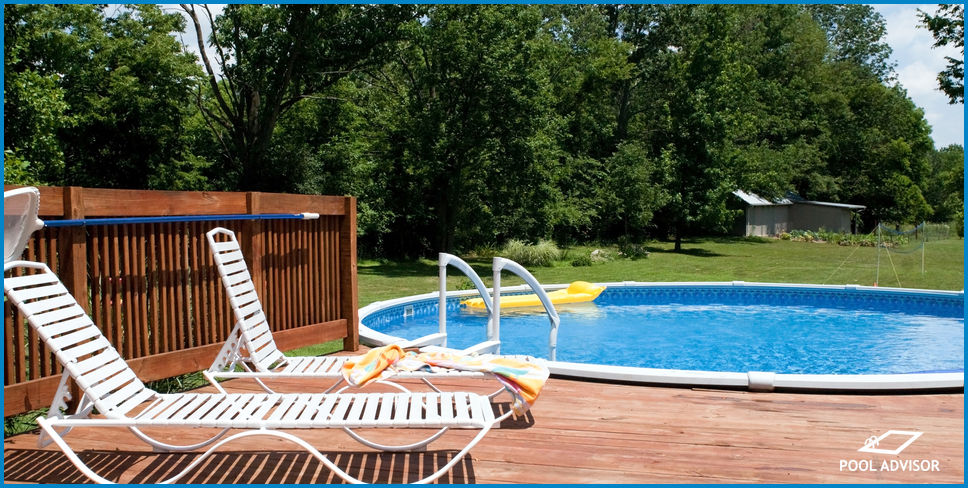
Should I Drain My Above Ground Pool For Winter?
There are many methods of winterising a pool, and the approach you need to take can vary widely depending on the type of pool that you own.
Some pool owners drain their pools completely, while others drain a portion of the water to keep pipes from getting damaged in cold temperatures. But does draining your pool for the winter work well for above ground pools?
Read on to learn more about the pros and cons of draining your above ground pool for winter, as well as our top recommendations for winterising your above ground pool.
Note: The advice below is most applicable for people who live in colder parts of Australia where sub-zero temperatures in winter are a possibility.
Draining Your Above Ground Pool For Winter
For permanent, above ground pools, it is important to never drain the water completely during the winter. Instead, it is recommended that you lower the water level such that pool water is no longer flowing into skimmers, your filter system, or related pipes.
Lowering the water level by this small amount prevents more delicate pieces of your pool equipment from bursting or forming cracks in the event that they are exposed to freezing conditions.
While it is helpful to have water removed from these more fragile areas, it is not beneficial to drain your above ground pool entirely during the winter because it can be damaging to leave your pool’s lining exposed to the elements such as ice or snow.
Vinyl pool linings can also dry out and become brittle if they do not maintain contact with water. This is because certain compounds in the material of the pool’s lining break down faster when exposed to air than when exposed to your conditioned pool water.
How To Winterise Your Above Ground Pool
Before draining your pool partially to keep water out of the pump system and other brittle elements, you will want to take further steps to winterise your pool before closing it for the season.
This should include a thorough cleaning of your pool, and also a chemical treatment designed to maintain increased sanitation throughout the winter. These treatments are sometimes sold as winterising agents.
If you are unable to purchase a winterising agent, you will need to acquire products to adjust your pool’s chemicals individually. A winterised pool has higher than normal levels of chlorine, pH, total alkalinity, and calcium hardness, and may also make effective use of a winteriser algaecide.
After cleaning your pool, balancing it chemically, adding an algaecide product, and draining the water partially, your pool is ready to be closed. Securely attach a winter-safe cover around your pool in order to prevent debris from entering your water.
Be sure to drain any accumulated rainwater off of the top of your pool’s cover on a regular basis to prevent unnecessary wear and possible damage to the cover.
Conclusion
While above ground pools should not be drained entirely for the winter, draining them partially is an important part of the winterisation process for above ground pools.
Do you have any questions about draining your above ground pool in the winter? Let us know in the comments down below!

Louis
A chemical engineer by trade, Louis is committed to debunking myths in the pool industry by explaining the underlying chemistry and making it accessible to all.
